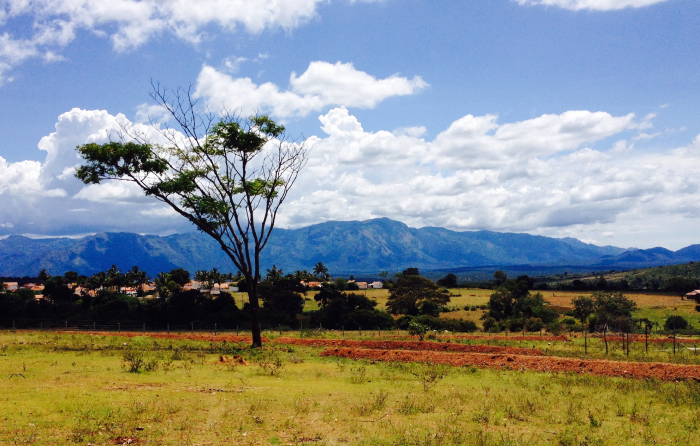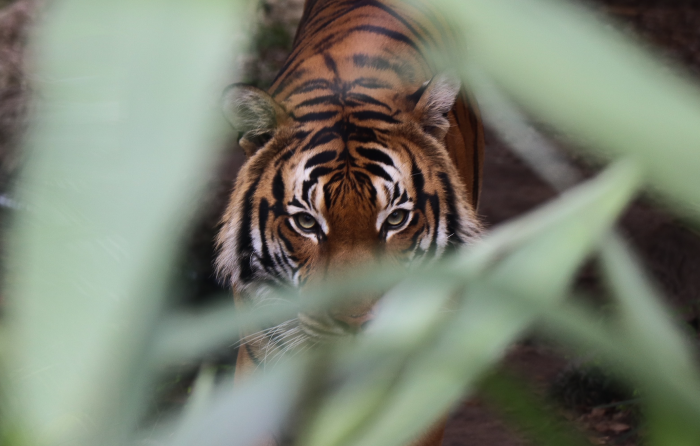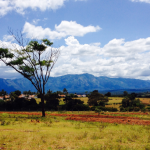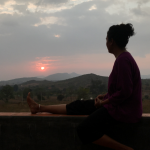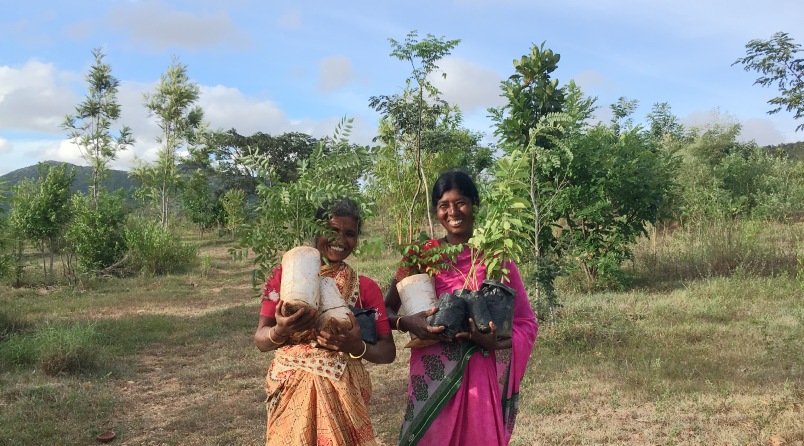
we went on our first boundary walk of the land for our 2nd 1000 Tree Project – the Suvarna Yojane. The first application for the 1000 Tree Project was filed in January of 2018. Our neighbouring 4 farmers – 3 men and 1 woman – brought together 10 acres of land which had only been sporadically cultivated over the last decade due to sparse and unpredictable rainfall. The fence was completed in January 2019 and we began digging the first set of tree pits and earthworks.
Our second project brings together 30+ acres of land, 4 families and 2 generations. Five women and Eight men joined us for this 2 hour walk to survey the land and to discuss its history and future. The families have not farmed for the last 4 years on their lands due to unpredictable rainfalls, recurring droughts and wildlife conflict (primarily elephants and wild boar activity). They have survived only on daily wage and semi-skilled labour work when they would prefer to be farming. Like many lands in our area, it is a challenging land to farm because of its proximity to the forest added to the reality of the climate change induced erratic weather patterns.
The land offers many opportunities for regeneration with a range of landscape features and a willing group of people who want to work on a viable solution for the unstable conditions in which we currently live. They have agreed to plant 1000 trees for every 10 acres, engage in non-chemical farming and work on methods of water conservation. They will save and share seeds once they begin to farm regularly again. Like many others in our village, they have not been able to save their own seeds because there is no continuity in their faming and the saved seeds lose their viability.
These farmers are semi-literate and illiterate members of the Scheduled Caste. The people of Suvarna Yojane look to farming and to working on their own land as a means to living a dignified life.
The 1000 Tree Project was started in response to the drought of 2016 when we saw large scale cattle deaths in our area. Deforestation and failed monsoons combined with chemical farming, soil erosion, overgrazing and plummeting groundwater supplies created a downward spiral for the community living here. Find out more about the 1000 Tree Project on our website at swayyam.org

